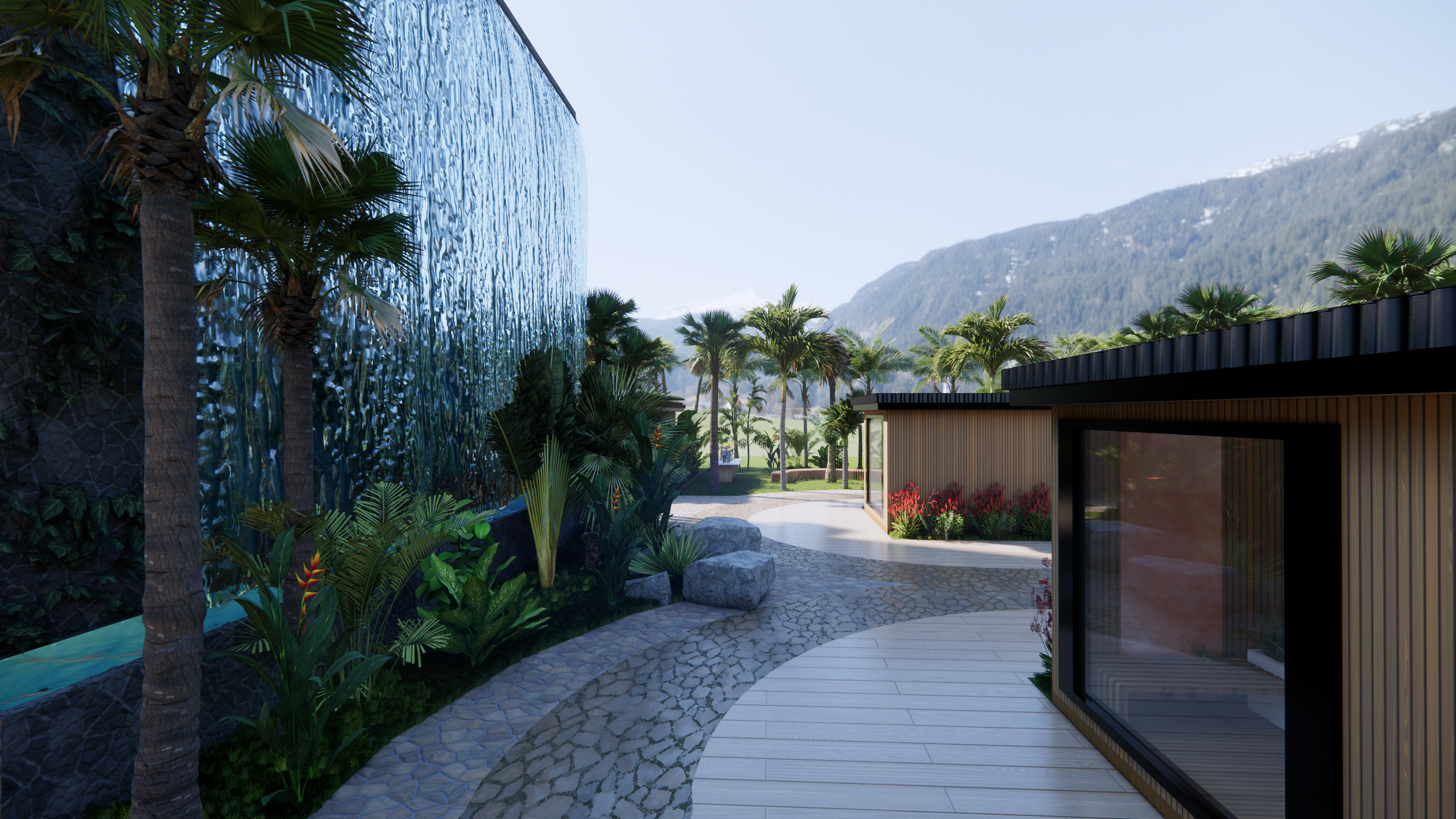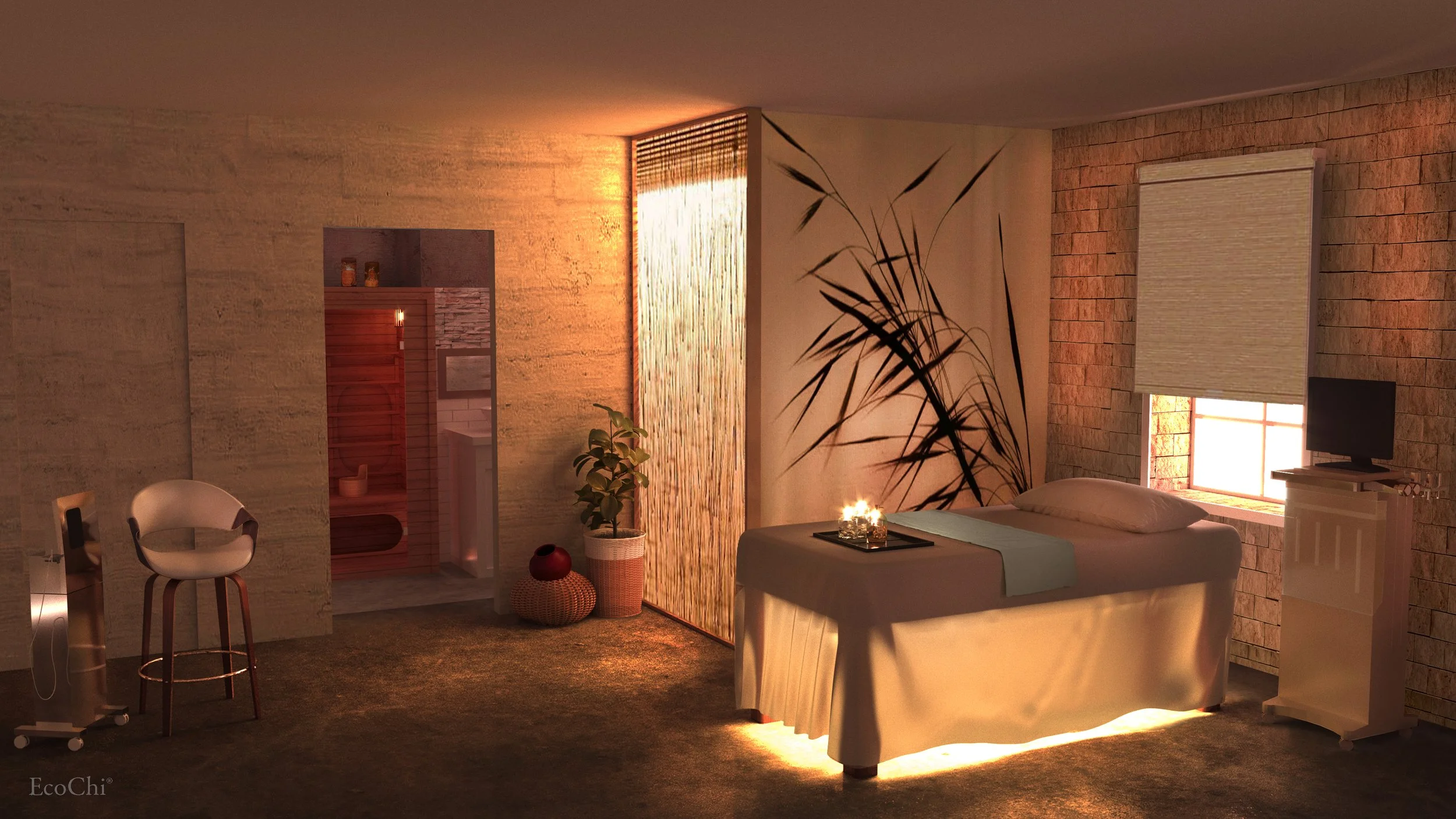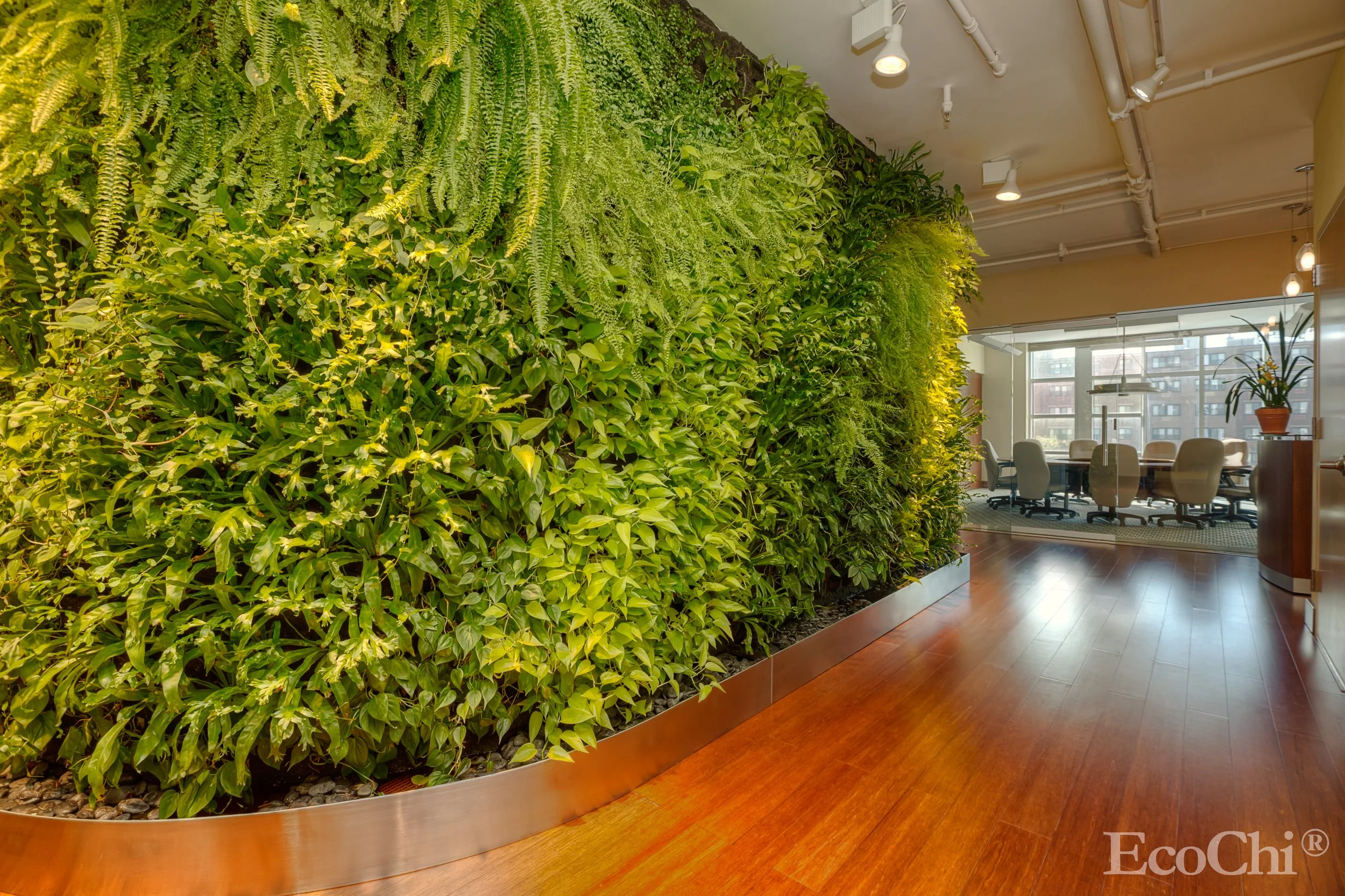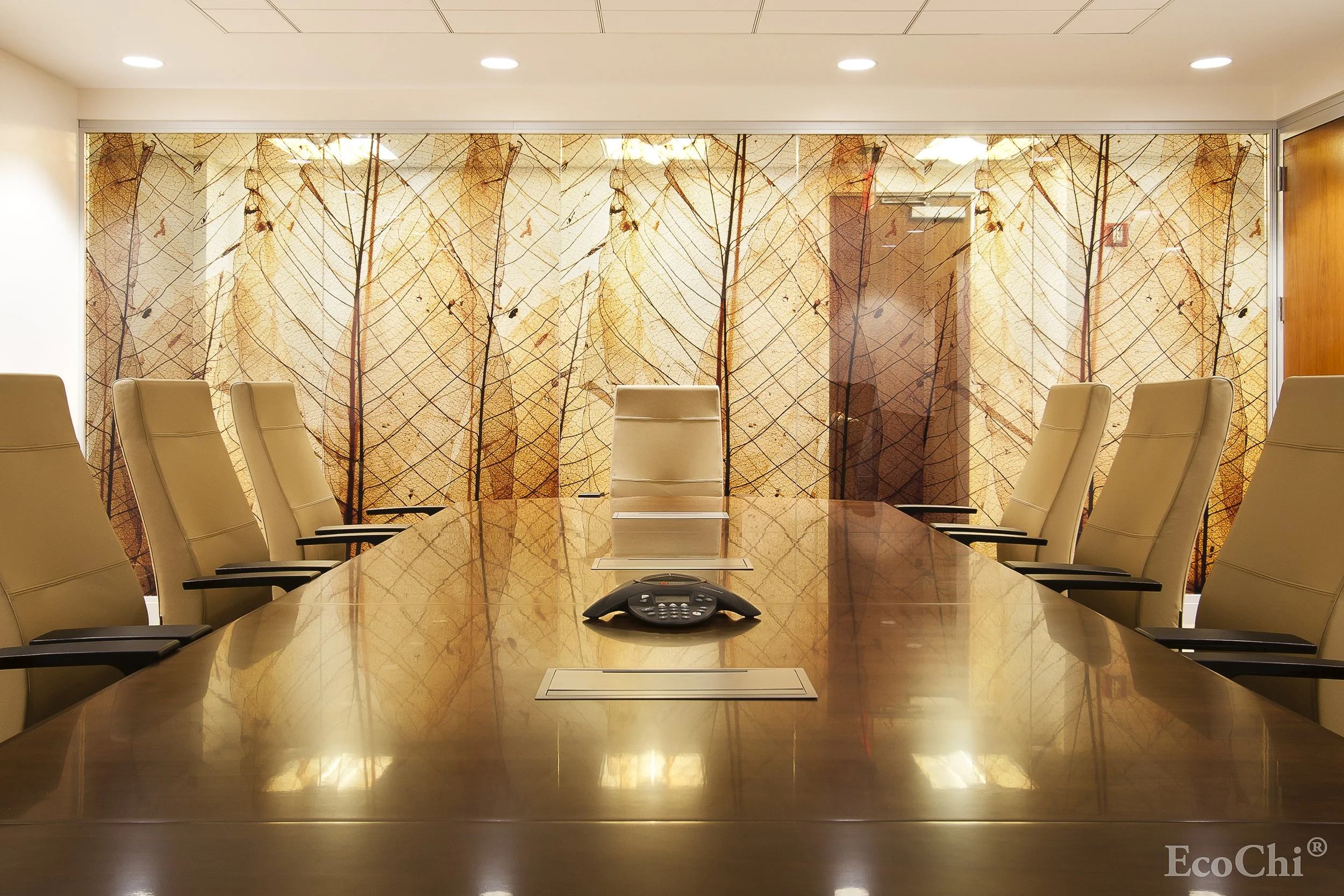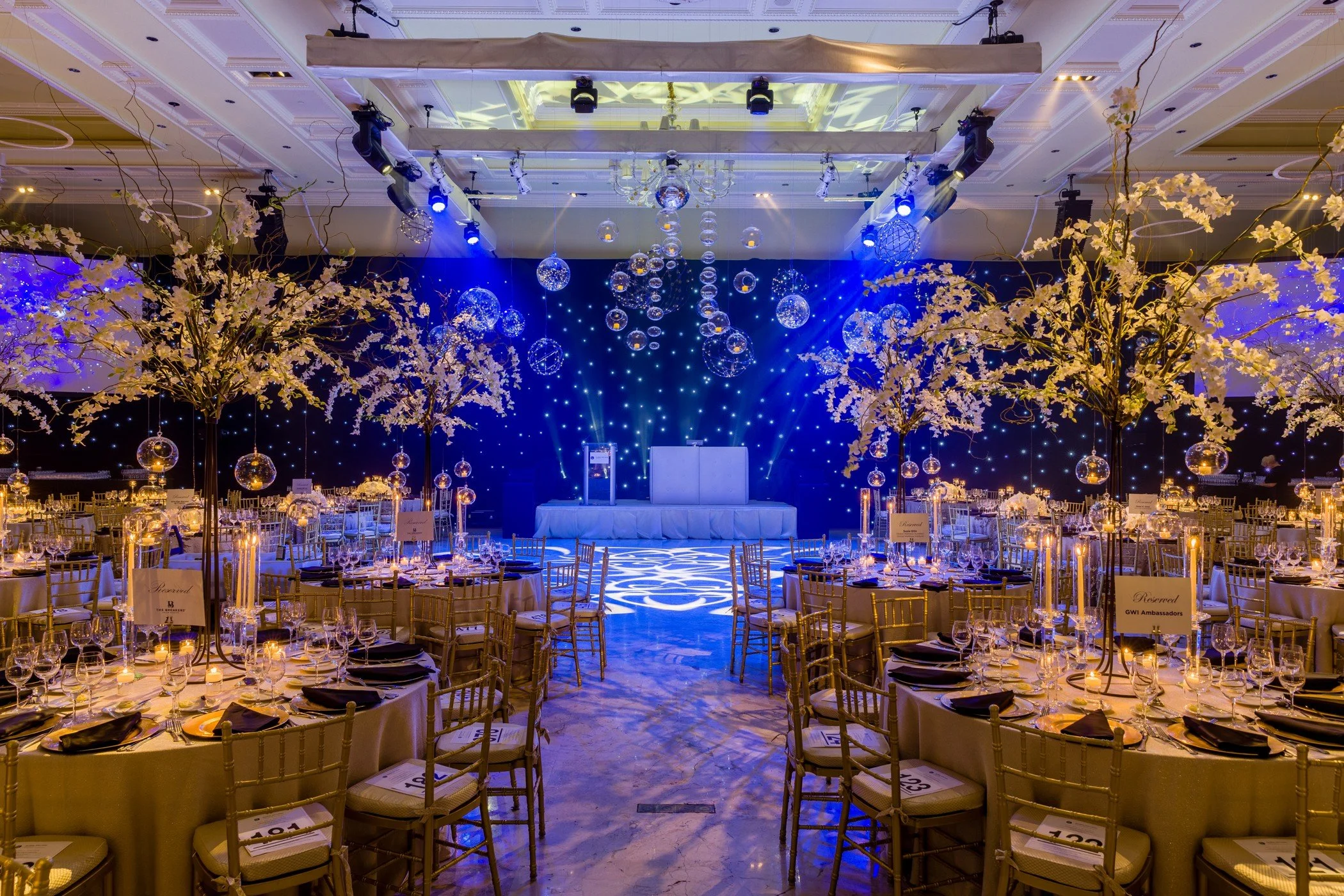HARNESSING THE POWER OF FENG SHUI FOR HOSPITALITY AND WELLNESS SPACES
Master Debra Hope Duneier
In today’s fast-paced world, wellness environments must do more than look good—they must feel good. Feng Shui, the ancient Chinese practice of spatial alignment, offers a transformative approach to designing spaces that nurture mind, body, and spirit. In hospitality and wellness settings, Feng Shui can elevate every aspect of the guest journey. From the calming energy of a treatment room to the revitalizing flow of a retreat centre, its principles reduce stress, inspire relaxation and foster deeper emotional connection.
Studies and experiential evidence suggest that well-aligned spaces can improve sleep, enhance a sense of safety, and even support healing. When energy—or “chi”—flows freely, guests feel more grounded and open, while staff can operate with greater clarity and ease. By incorporating natural elements, purposeful layouts, and symbolic enhancements, Feng Shui turns ordinary environments into soulful sanctuaries. The result is not just a beautiful space, but one that feels intuitively right.
Beyond aesthetics, Feng Shui encourages sustainability and mindfulness through intentional design choices. The use of organic shapes, biophilic elements and energy-conscious layouts helps reduce environmental strain while deepening guest engagement. In communal spaces such as lobbies, dining areas, or wellness studios, spatial harmony can ease social interaction, foster community, and create atmospheres that resonate emotionally and spiritually.
Feng Shui also strengthens brand identity and guest loyalty. When guests consistently experience a shift in mood or wellbeing, they are more likely to return and recommend. In retreats, it supports introspection and self-connection. In spas, it amplifies the intention behind every treatment and touchpoint. In hospitality venues, even subtle shifts in lighting, materiality or spatial flow can elevate both perceived value and emotional impact.
“Feng Shui doesn’t just transform space—it transforms how people live, heal and feel within it.”
Key Feng Shui Considerations for Wellness Spaces
Balance the Five Elements (wood, fire, earth, metal, water) to evoke emotional harmony.
Keep pathways and entryways clear to allow smooth energy flow and set the tone for healing or hospitality.
Use natural light and fresh air to improve vitality and support mental clarity.
Design with intention—whether for rest, rejuvenation, connection or creativity.
Avoid clutter or stagnation that can trap energy and hinder relaxation.
Incorporate biophilic design to strengthen the bond with nature and boost mood.
Personalize guest zones with intuitive, thoughtful details that make each person feel safe and seen.
For wellness professionals, retreat leaders and hospitality designers ready to lead with purpose, Feng Shui Foundations for Professionals offers a rare opportunity. Led by Master Debra Hope Duneier, this 10-session live training experience blends timeless Feng Shui wisdom with modern wellness design. Participants gain hands-on learning in Feng Shui fundamentals, energy diagnostics, and practical applications, along with access to a like-minded professional community and a pathway to advanced EcoChi® Certification.
This programme is designed for visionaries eager to design with intention and depth. Learn more or schedule a discovery call by contacting debra@ecochi.com or visiting www.ecochi.com for more information.

